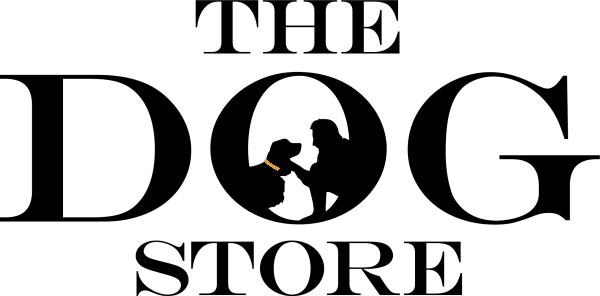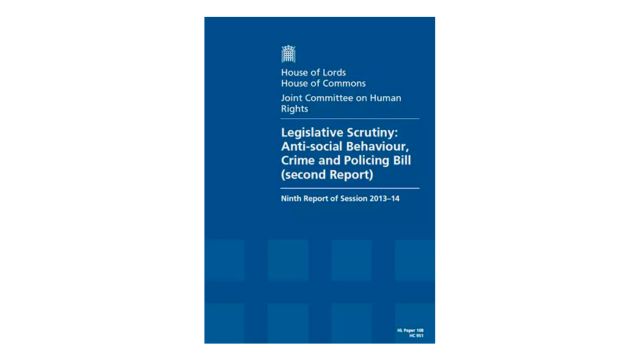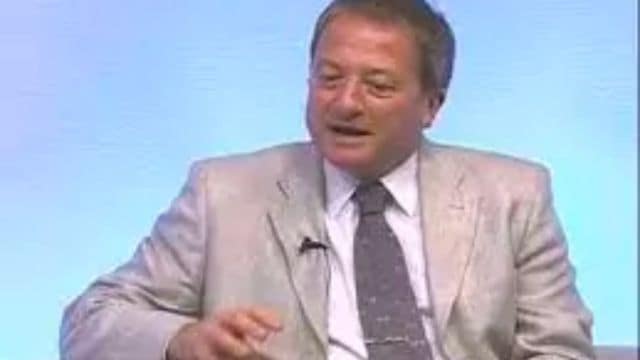The RSPCA And Your Rights To Refuse Them Access
The Law and the RSPCA
By Dr.Barry Peachey LLB(Hons), LLM, Ph.D., FCollP, MBAE, ACIArb, FETC
THIS ARTICLE is written in my joint capacities as Legal Adviser to a number of dog organisations, and Chairman of the Legal Aid Working Party of the British Academy of Experts.
I had been approached by a number of dog people, and by fellow professional members of the Academy, and asked to clear up a number of misconceptions about the RSPCA and the law that appear to be widely held and indeed publicly fostered by the Society itself
-
RSPCA is a charity.
-
The Inspectorate is NOT a public law enforcement body.
-
Society Inspectors have NO special legal powers whatsoever.
-
They have NO special powers to arrest offenders.
-
They have NO right to enter your home to inspect your animals or to demand that you answer any of their questions.
-
They have NO right of access to shows, fairs and markets other than as members of the public, and can only carry out any law enforcement function as an assistant to a police officer, upon that officer’s request.
-
They have NO power to stop, obstruct or otherwise detain any vehicle carrying animals.
- Whilst the Society’s staff issue criminal proceedings against offenders, they do so by way of private prosecution. Members of the Inspectorate wear uniforms which make them as much like police officers as the law will allow. They are not. The LOWEST “rank” in the Inspectorate is Inspector (apart from Trainee Inspectors). Above that, they have “Chief Inspectors”, “Superintendent”, ’ and “Chief Superintendents”. None of these ranks are officers of the Crown and have no legal significance whatsoever. They are designed to impress the public.
Members of the Inspectorate in senior positions have on various occasions stated in public that they have a cavalier disregard for the law, and the protections that it affords to suspects. On September 3, 1992, Chief Inspector John Paul gave evidence at Richmond-on-Thames Magistrates’ Court in the case of David MacKay.
During cross-examination, defense barrister Mr. Thomas Derbyshire asked the RSPCA man: “Are you telling this court that you encourage your staff to flagrantly disregard civil and legal rights in the pursuit of your ends?” Chief Inspector Paul replied: “My duty is to look after the animals, and if that involves infringing people’s civil or legal rights then so be it. The animals cannot defend themselves so we have to do it for them.”
It is a matter of public record that in this case the RSPCA had illegally entered a property, and illegally seized animals. The recent RSPCA television series Animal Squad – Undercover which appeared on , Channel 4 featured Chief Superintendent Donald Balfour, Head of the RSPCA Special Operations Unit. He was asked on camera by a police officer if he had any legal powers to do what he was proposing to do. His reply was “Officially no, but we do it all the time.”
In the recent press release in which the Society announced that they would be withdrawing their staff from prosecutions under Sl Dangerous Dogs Act 1991, they described the five men concerned as “qualified as expert witnesses”.
They are nothing of the sort, and this is yet another willful misrepresentation of their legal position. The qualifying body for expert witnesses in this country is the British Academy of Experts. Only holders of full professional membership or fellowship in the practicing category of membership are “qualified” as expert witnesses.
The law is that any expert may give expert evidence if they can satisfy the court as to their expertise, but there is a vast difference between that and Academy membership. None of the RSPCA Inspectors authorised by the Society are Academy Members or Fellows, not the least because the academy requires candidates to be educated to at least first degree level, to have chartered or equivalent status in their primary profession, and to be able to pass an extensive and demanding vetting procedure, covering professional conduct and competence.
At present only three of the experts who have regularly appeared in Dangerous Dogs Act cases are on the professional register of the Academy All of them are Panel Members of theA.G.Fox litigation consultancy practice.
The RSPCA has sought to present the withdrawal of its staff from these cases as an effort to protect innocent dogs. That is an exercise in hypocrisy that is unsurpassed. The truth is that it has been driven off the field by a whole series of crushing defeats in the courts that have made the staff concerned look amateurish in the face of true experts, in an exercise that in my view has brought the Society into gross disrepute.
The above article was printed in Our Dogs magazine May 21st. 1993 and still holds true today.
By Kind permission of SHG The Self Help Group for people who are being investigated or threatened by the RSPCA






